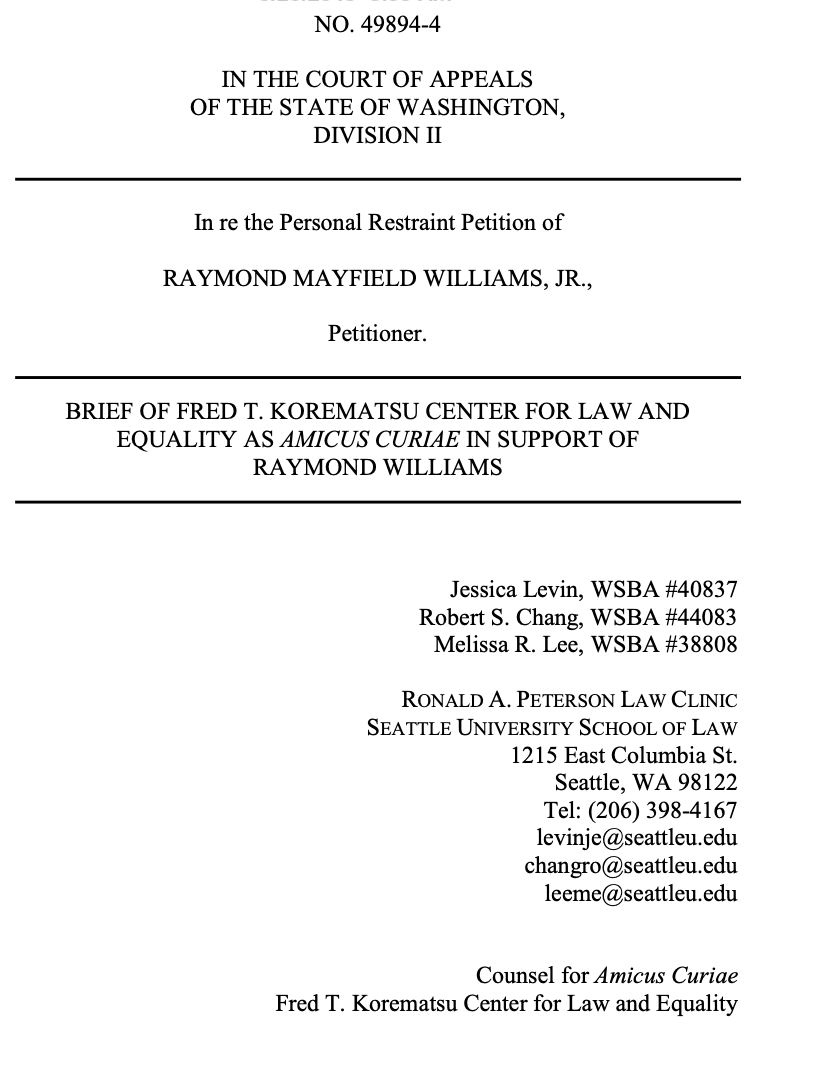
Summary of Argument
First, amicus explains that courts reviewing the constitutionality of a life without parole sentence imposed under a recidivist statutory scheme routinely consider all strikes as part of the current offense. With respect to the constitutional question posed, amicus explains how Mr. Williams’ life without parole sentence runs afoul of the principles on which Graham and Miller were decided. Graham not only barred the imposition of life without parole on juvenile nonhomicide offenders, but also stands for the larger principle that courts must closely scrutinize harsh punishments imposed on juveniles, due to their diminished moral culpability. And Miller prohibits mandatory life with parole sentencing schemes for juvenile homicide offenders, as those schemes deprive courts of the opportunity to consider the mitigating qualities of youth. Together,Graham and Miller lead to the conclusion that a three strikes law that imposes life without parole based, in part, on conduct committed as a juvenile, is unconstitutional.
Second, amicus explains how Mr. Williams’ life without parole sentence is unconstitutional under article I, section 14. This Court adopted a categorical bar on juvenile life without parole in Bassett because traditional proportionality analysis under State v. Fain, 94 Wn.2d 387, 617 P.2d 720 (1980), does not “adequately address the special concerns inherent to juvenile sentencing.” Bassett, 198 Wn. App. ¶ 49. While Mr. Williams was not a juvenile at the time of the third strike, his age at the time of the first strike is material to the larger constitutional inquiry, as those same “special concerns” are at play. The only way to avoid the risk that harsh punishment might be imposed on those whose strike offenses reflect transient immaturity is to adopt a corollary of the categorical bar on juvenile life without parole: that no offense committed as a juvenile can count as a strike.